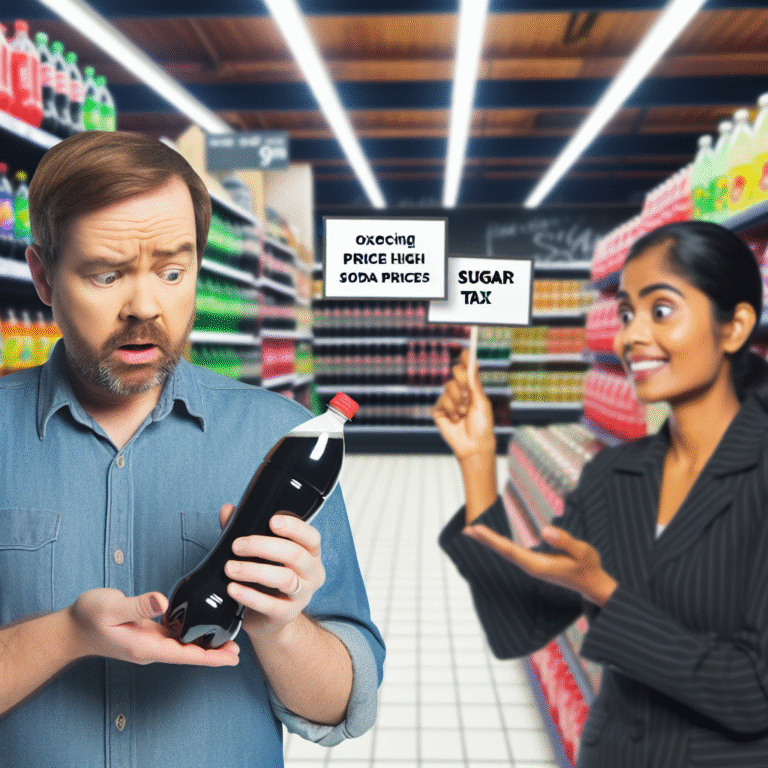Exploring the Price Disparity of Beverages in Greenland
A few weeks ago, shoppers at Brugseni were greeted with a tempting deal on Pepsi Max: three 33 cl cans for 30 kroner, translating to 10 kroner each, plus a deposit. Meanwhile, across the sea in Denmark, the chain Min Købmand offered an even more attractive bargain: 24 cans for just 69 kroner, or a mere 2.88 kroner each, deposit included.
This disparity in pricing is a familiar tale for residents of Greenland, where many goods have long been more expensive compared to their Danish counterparts. Despite Denmark’s imposition of a 25 percent VAT on all goods, the gap remains pronounced.
To shed light on the reasons behind these higher prices, we reached out to Benny Reffeldt Otte, the marketing manager for Kalaallit Nunaat Brugseni. He explained, “The primary reason for the higher soda prices in Greenland is the unique taxation system our territory employs.”
For a 33 cl can of soda, the tax adds up to 5.40 kroner before any further calculations. This tax consists of three parts: a specific tax on carbonated soft drinks, a packaging tax for non-milk-based beverages, and a deposit tax (which includes an additional two kroner for the bottle).
“The starting cost for a carbonated soft drink in Greenland amounts to 5.40 kroner,” Otte continued, “after which we still need to factor in purchasing, transporting the product, handling, storage, marketing, and allow for a margin of profit.”
A Bleaker Picture for Beer Drinkers
The tax burden weighs even heavier when it comes to beer. For instance, a 33 cl Carlsberg beer commands a basic price of 11.09 kroner. Otte elaborated, “Beers with an alcohol content ranging from 4.10 to 5.09 percent incur a tax of 23 kroner per liter. Coupled with the packaging tax for non-milk-based drinks and a deposit tax of 0.60 kroner, it’s easy to see why beer prices are so elevated.”
Recently, changes were made to eliminate the double mortgage tax applied from Denmark, allowing for improved returns on products affected by this levy. However, all products previously subject to this double deposit have now been removed from store shelves.
As for any hope of fluctuating prices in the future, that seems unlikely. Currently, the Inatsisartut, Greenland’s parliament, is in session, focusing on the upcoming Finance Act. Early indications suggest that savings will be tight across the board, making any reduction in taxes a distant prospect.
Beverage Tax Breakdown
Here’s a concise breakdown of the taxes applied to popular beverages in Greenland:
Pepsi Max (33 cl)
- Carbonated soft drink tax: 1.90 kr
- Packaging tax: 2.90 kr
- Deposit tax: 0.60 kr
Total: 5.40 kr
Carlsberg (4.6% alcohol, 33 cl)
- Alcohol tax: 7.59 kr
- Packaging tax: 2.90 kr
- Deposit tax: 0.60 kr
Total: 11.09 kr
Source: Benny Reffeldt Otte, Marketing Manager, Kalaallit Nunaat Brugseni
As the conversation surrounding beverage pricing continues, the underlying reality remains clear: high taxes, influenced by politics, largely dictate the cost of these everyday items in Greenland.
